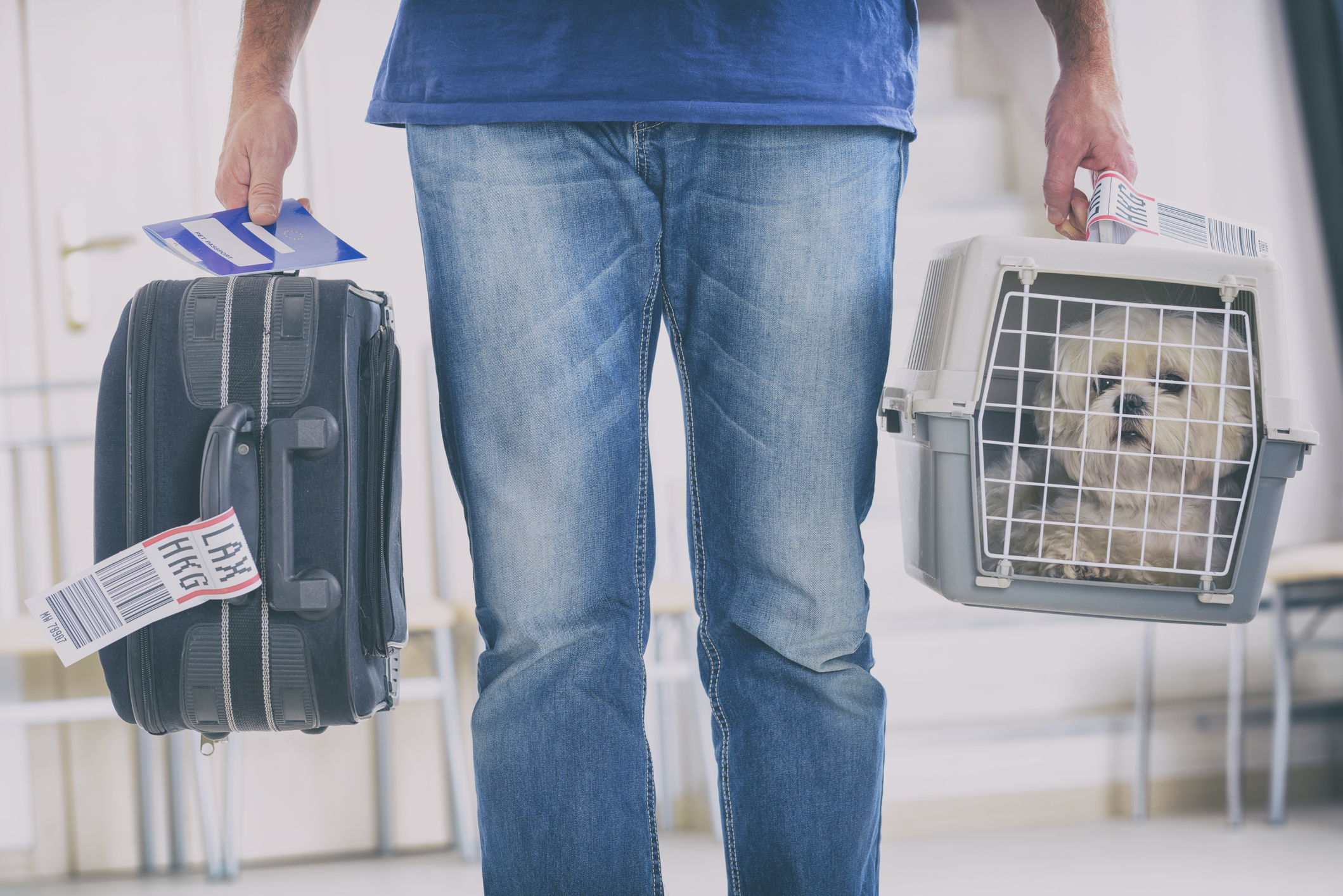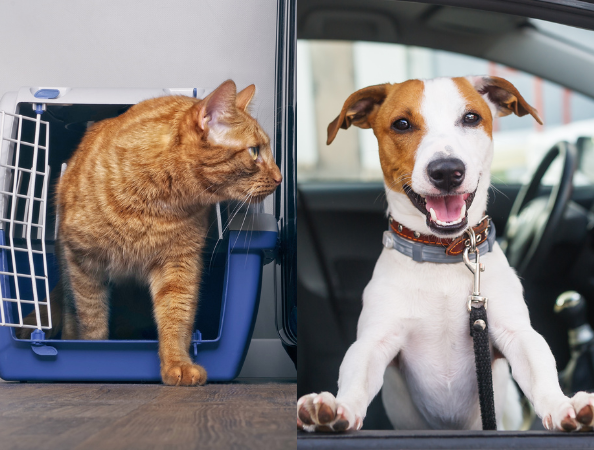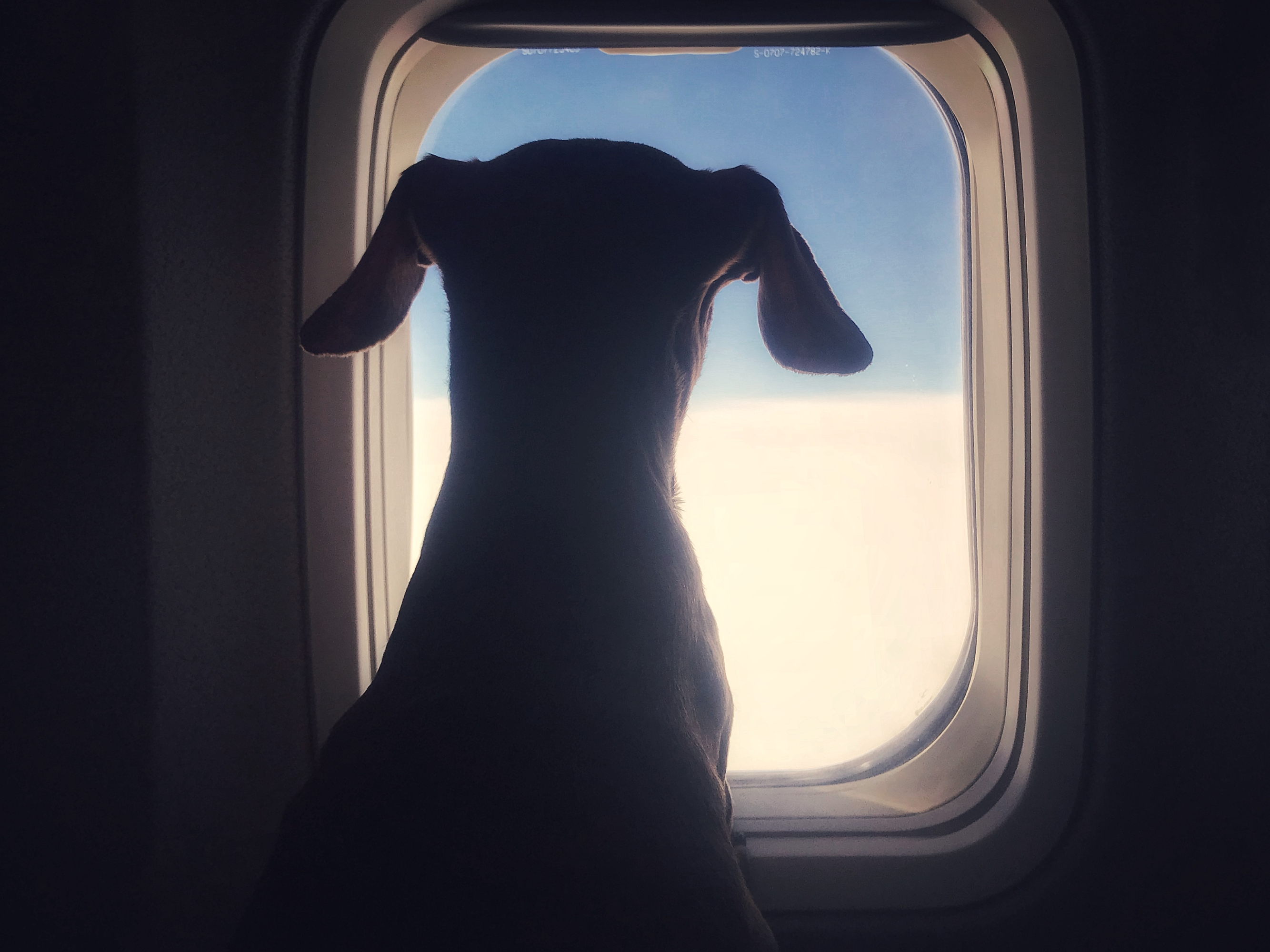According to a survey, 15% of Colombians plan to travel with their pets: How the sector is adapting to pet-friendly tourism and what are the barriers?

Traveling with pets is becoming increasingly popular, becoming one of the main trends in the sector. This topic has been addressed at key industry events such as Fitur and Anato, where it has been emphasized that these animals are no longer an optional companion , but rather a core part of the experience.

The presence of pets has changed the tourist scene. Photo: iStock
According to figures from the National Statistics Institute (DANE), 67 percent of Colombian households have at least one pet. The most common pets are dogs and cats, and their presence in everyday life has not only changed consumer habits but also the tourism industry.
In this context, there is a boom in VIP services designed for animals, from accommodations with special menus to spas, nature tours, and exclusive amenities.
This is why travelers base their choices on their needs and, if traveling with pets, on the treatment they receive and how friendly the destination is for traveling with their companion.
A trend study conducted by Booking.com revealed that compared to global results, and even to countries in the region like Argentina and Brazil, Colombians consider traveling with their pets a priority. According to the survey results, 7 percent of travelers have taken at least one trip with their pet , exceeding the global average of 4 percent.
In multigenerational travel groups, this trend is even more evident at 13 percent, and in Generation Z (ages 18 to 28) at 10 percent.

If you're traveling abroad, check if you need to comply with any requirements, such as mandatory vaccinations. Photo: iStock
Likewise, this year, the intention to travel with these animals continues to increase: 15 percent of Colombians plan to take at least one trip with their furry companion , almost doubling the global average of 8 percent. This trend is especially strong among those traveling alone (20 percent) and multigenerational family groups (22 percent).
The challenges Despite the existing interest in traveling with pets, the study revealed that 11 percent of Colombians surveyed believe that flying with their pets can be a source of stress . The main reasons are related to airline regulations and country-specific policies for accepting animals.
If you plan to leave the country, remember to check if you need to comply with any requirements such as mandatory vaccinations , health certificates, microchips, antiparasitic treatments, quarantine periods, or even breed restrictions.
But that's not all. Not all establishments are willing to accept pets, even though this is a key aspect for many travelers.

Not all establishments are willing to accept animals. Photo: iStock
In fact, 28 percent of our fellow citizens surveyed say that, when looking for accommodation, pet-friendly policies are a determining factor when making a reservation.
“At Booking.com, we understand that pets are part of the family. That's why we're constantly working to ensure our accommodation options meet the needs of all travelers , including those who don't want to leave their four-legged companions behind,” says Francisco Turjillo, the platform's general manager for Colombia.
Examples like the Punta Diamante Hotel in Piedecuesta (Santander) show how some accommodations have begun to integrate pets into their wellness, lodging, and nature experiences. “We realized that pets aren't just part of the trip; they're part of the family. Our commitment is to offer a comfortable, safe, and pleasant environment for both pets and their owners,” says Alejandra Castillo, the hotel's general manager.
Although interest in traveling with pets is booming, there is still a lack of structured offerings and a solid infrastructure that will allow pet-friendly tourism to continue to consolidate, at least in Colombia, as a robust category within the sector.
Here, technology will play a key role. Booking platforms with specialized filters, routes and experiences designed for pets, and personalized recommendations can make a difference. In an increasingly competitive environment, those who understand the value of including pets in the travel experience will build long-term loyalty.
ANGIE RODRÍGUEZ - TRAVEL EDITORIAL - @ANGS0614
eltiempo




